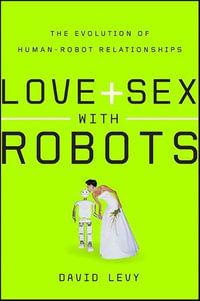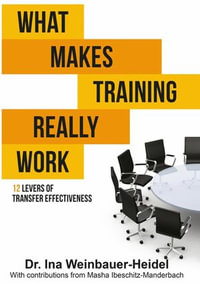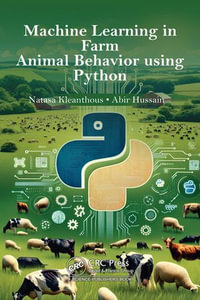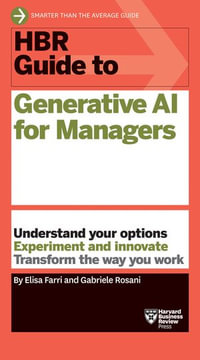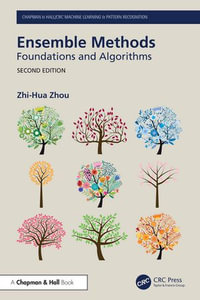
eTEXT
Learning Classifier Systems
5th International Workshop, IWLCS 2002, Granada, Spain, September 7-8, 2002, Revised Papers
By: Pier Luca Lanzi, ?Wolfgang Stolzmann, ?Stewart W. Wilson
eText | 24 November 2003 | Edition Number 1
At a Glance
eText
$84.99
or
Instant online reading in your Booktopia eTextbook Library *
Read online on
Desktop
Tablet
Mobile
Not downloadable to your eReader or an app
Why choose an eTextbook?
Instant Access *
Purchase and read your book immediately
Read Aloud
Listen and follow along as Bookshelf reads to you
Study Tools
Built-in study tools like highlights and more
* eTextbooks are not downloadable to your eReader or an app and can be accessed via web browsers only. You must be connected to the internet and have no technical issues with your device or browser that could prevent the eTextbook from operating.
ISBN: 9783540400295
ISBN-10: 354040029X
Published: 24th November 2003
Format: PDF
Language: English
Publisher: Springer Nature
Edition Number: 1
